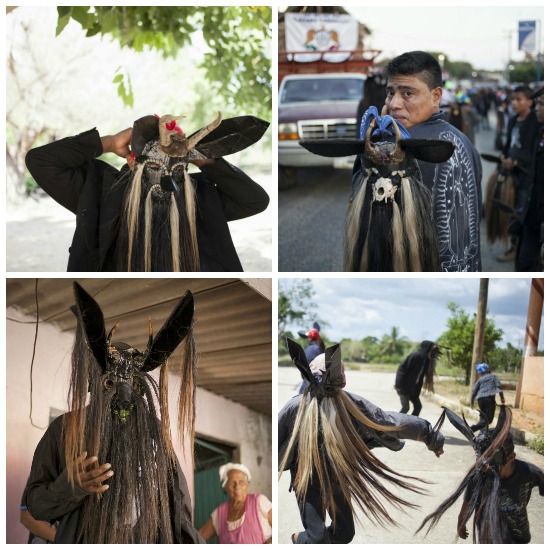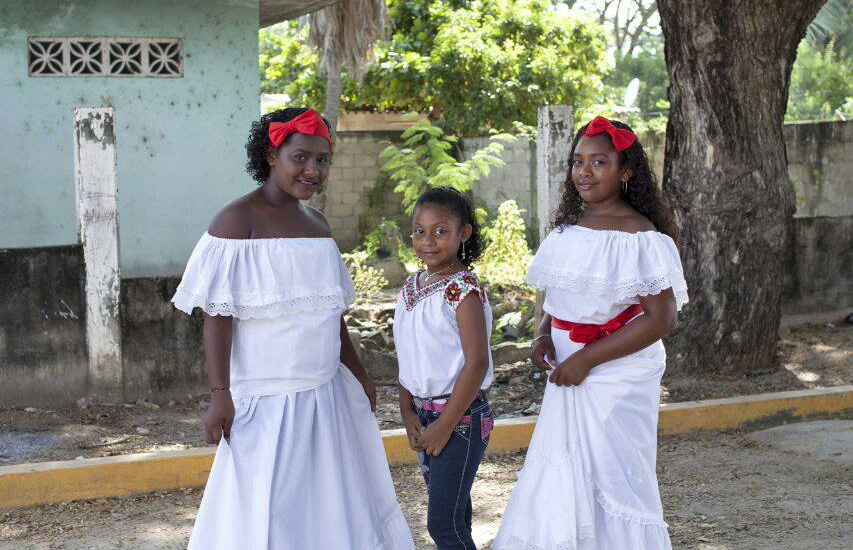Some words that Mexicans use daily and that are Africanisms, that is, of African origin.
The language of the Mexican is of incomparable richness. Proof of this is that we have words of African origin –as well as Arabic and different indigenous languages– that often go unnoticed. Therefore, we share some of them. Get to know them!
African heritage in Mexico
Contrary to what is usually or used to be thought, in Mexico, there is an important African presence. Some examples are the existence of Afro-Mexican communities; the influence on dances – such as the Dance of the Devils -, and, as we will see here, their contributions to language.

But how did blackness get to Mexico? This happened after the Conquest, when, after considerably reducing the aboriginal population they used, among other reasons, the colonizers resorted to bringing slaves from Africa to New Spain.
These were forced to work in mines, the field, domestic work, and so on. Its presence remained latent throughout the Viceroyalty, enriching it with its culture, music, and language. However, with the passage of time, they began to be invisible and relegated.
Despite this, many people –among them Afro-Mexicans– decided to raise their voices and with this they have managed to take into account the issue of blackness in Mexico, thus initiating the vindication of its existence.
The latter is so important that there are even those who consider that the third cultural root of Mexico is African.

6 words of African origin
The main source from which the following Afro-Mexicanisms were extracted is Africanisms in Mexican Spanish, belonging to the Nueva Revista de Filología Hispánica.
- Cumbia. There are two explanations. The first indicates that it is derived from the Congo ngoma, nkumbi (drum) and the second relates it to a set of Congolese words: kúmba , limbo, nkúmba , etc., all related to dance rituals.
- Mochila. According to one theory, this word comes from the African kikongo and kimbundu (mu) nzila and refers to a type of bag used to carry objects.
- Dengue. Many Mexicans have heard alerts for the danger of dengue, especially in the rainy season, since this disease is transmitted by mosquitoes. However, this word is considered to come from an expression with kikongo and kimbundu origin. In this way, it could be translated as ” childish anger “.
- Mucama. As discussed in Africanisms , this word is derived from “mukamba´” which belongs to the African kikongo / kimbundu. This word can be translated as “maid who helps with domestic services.”
- Marimba. The marimba is a musical instrument that comes from Africa and that arrived in colonial times. Its particular sound influenced Mexican music and took root mainly in the states of Chiapas and Tabasco. Marimba comes from the kikongo / kimbundu madimba.
- Chingar. There are various theories that explain the origin of this word. Among them we have that it arrived in Mexico together with the African population during the colonial era. According to this hypothesis, chingar comes from the Bantu “kuxinga” and “muxinga”, words that mean “fight, reprimand and spoil” . Although it could also be derived from kimbundu and kikongo “ singa “.
Source: mexicodesconocido.com.mx




